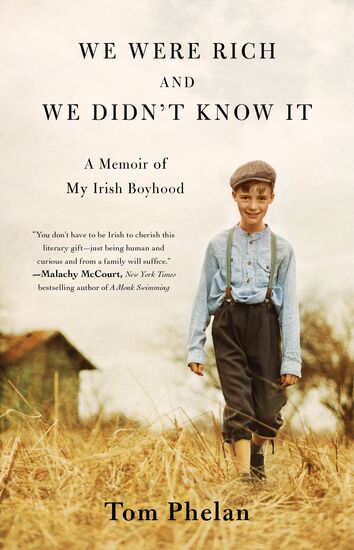By Daniel Neely
Last Saturday, I had the opportunity to catch Open the Door for Three at the Irish Arts Center in New York City. The group, which includes fiddler Liz Knowles, uilleann piper Kieran O’Hare, and bouzouki player and singer Pat Broaders, were absolutely fantastic. Regular readers will remember that I wrote glowingly about their recent album “The Penny Wager” back in December and I was expecting a great live show based on the quality of their recorded work, but the group exceeded expectation. Their playing was exceptionally tight (Knowles, in particular, was absolutely ferocious), their onstage banter engaging, and they left the audience delighted. The Irish Arts Center did well to showcase Open the Door for Three to New York. If the group happens to stop into your neck of the woods, make an effort to see them, you will be thrilled you did. Keep up with the group’s upcoming gigs at www.openthedoorforthree.com.
In the media player this week is “Sona do Cheird,” the most recent album from Irish language sean-nós singer Doimnic Mac Giolla Bhríde. Mac Giolla Bhríde hails from Gweedore in the Donegal Gaeltacht and specializes in that region’s sean-nós songs. He has several albums to his credit (including the children’s book/CD “Ící Pící”), directs several sean-nós choirs, and is a well known sean-nós teacher. He is also the 2009 winner of the Corn Uí Riada, which is Ireland’s highest award for for sean-nós singers.
The accolades are no wonder, as Mac Giolla Bhríde has a powerful voice with a reedy timbre that suits the music well. In addition, he possesses a composer’s sensibility: the arrangements on “Sona do Cheird” are rich and evocative and are an excellent complement for the songs he’s selected.
What’s more, though, is that of the album’s 13 tracks, he’s composed the airs of nine of them. The melodies are very well done and give the album a freshness that is enlivened by the subtleties in his arrangements.
Take, for example, “Paidraig Mac Ruiarí,” the album’s opener. It’s a song about a rebellious, seafaring entrepreneur of the eighteenth century who provided for the people of Donegal and rejected the British navy’s claim to authority. The song’s lyrics take a supportive, defiant tone, but it’s Mac Giolla Bhríde’s melody and arrangement that give the track a sense of drama and communicate the song’s sentiment effectively.
This is also the case with “Síle Bhán Ní Shléibhín,” which has a similarly beautiful air and a great lift. Here again, the music adds substantially to the drama of the song. From a literary standpoint, the lyrics comprise a conversation between a Gael and a non-Gael, each describing their love for Síle (spoiler alert: Síle is Ireland). The Gael loves Síle, the non-Gael not so much. But after the second statement from the non-Gael – in which he’s promised to set the hounds on her – the rhythmic guitar breaks off for a moment, giving space for a plaintive cry from the pipes, as if to let the statement’s sentiment set in. It’s a powerful moment and one that sets the track apart.
In “Tiocfaidh an samhradh” it’s more of the same: a bracing melody, with a hint of anticipation that is released in the song’s second stanza, when the narrator’s prediction that his sweetheart will “play a tune to ease her heartache” is met with the introduction of a blistering church organ, which enters with an incredible sense of majesty, highlighted by its juxtaposition against pedal steel guitar.
“Beatha Úr” is also a lovely track:
[soundcloud url="https://api.soundcloud.com/tracks/262667809" params="auto_play=false&hide_related=false&show_comments=true&show_user=true&show_reposts=false&visual=true" width="100%" height="450" iframe="true" /]
Based on a wedding poem the poet Niall O’Gallagher wrote and dedicated to his wife, this track is different from those already mentioned as it plays on pastoral beauty. It swings along in waltz time, with gentle guitar and pedal steel backing, with its instrumental breaks giving space to uileann pipe and clarinet harmonies, which add a nice touch to a very handsome arrangement.
“Sona do Cheird” is a brilliantly composed album that does interesting things with Irish language sean-nós songs. It carries a thoughtful and inventive energy throughout that never feels contrived. And while its beauty carries this album and makes it attractive at first blush, there’s a bit of wildness in its spirit that I think gives it great life. I dig it, and perhaps you will too. To purchase this, visit Mac Giolla Bhríde’s website, doimnic.com.








